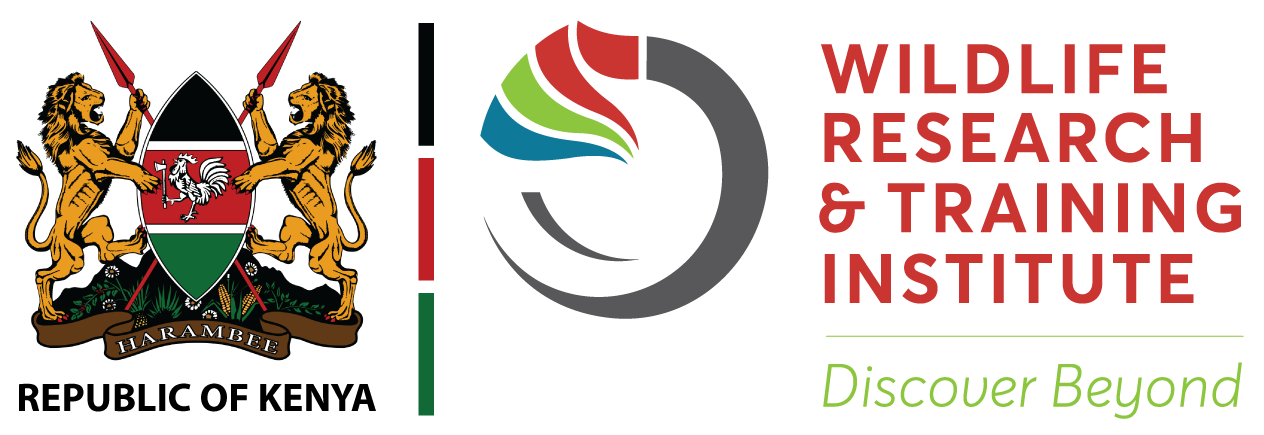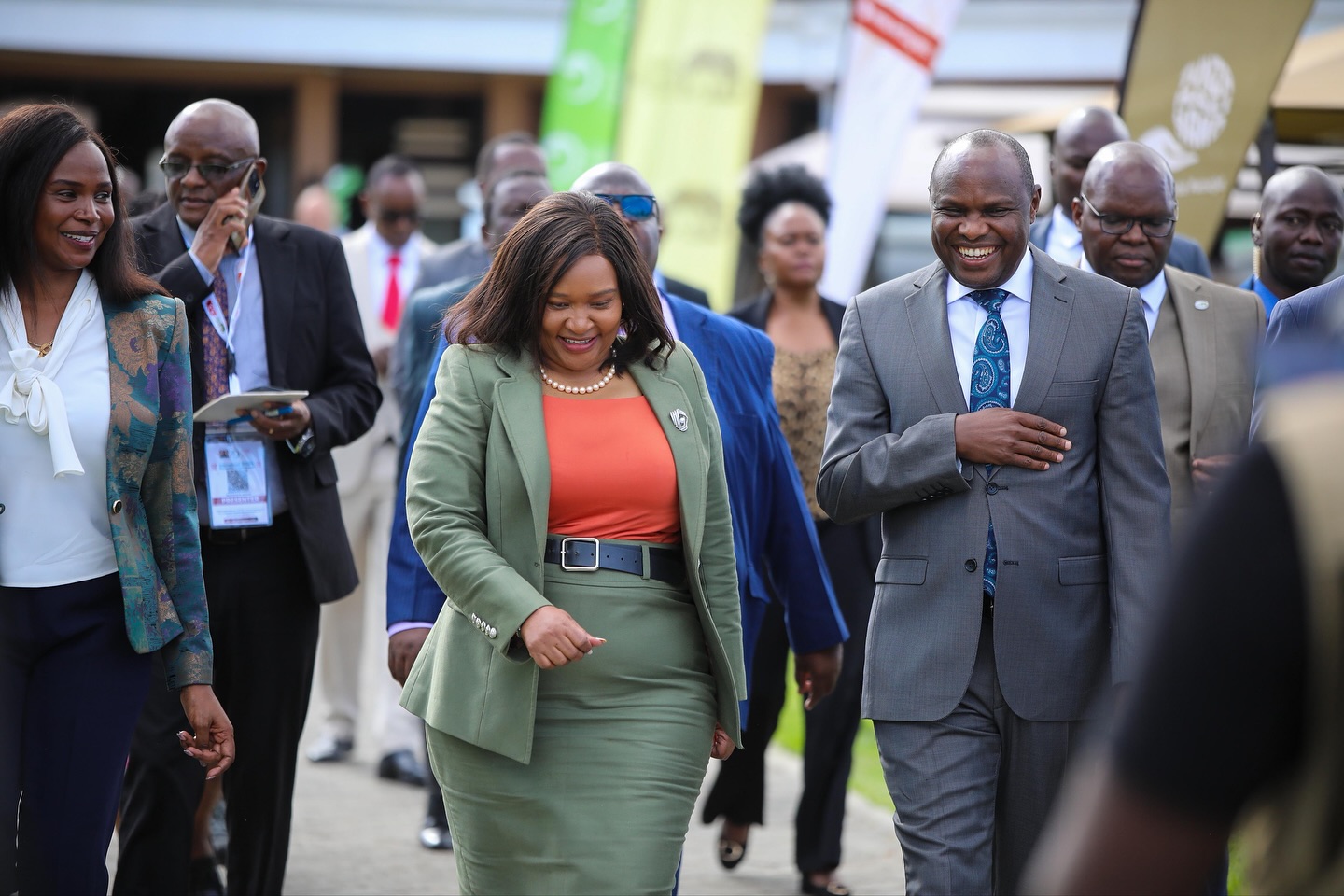Head of Public Service Felix Koskei, accompanied by Tourism CS Rebecca Miano, during the opening ceremony of the second international wildlife scientific conference at Lake Naivasha Resort.
In Summary
- Head of Public Service Felix Koskei said experts should help the government through their research.
- The head of public service made the remarks at Lake Naivasha Resort on Tuesday, when he presided over the opening of the three-day Second International Wildlife Scientific Conference.
he government has urged scientists to help solve the challenges threatening to wipe out iconic species.
Head of Public Service Felix Koskei said experts should help the government through their research.
“Let us engage policymakers to ensure our decisions are data-driven,” Koskei said.
The head of public service made the remarks at Lake Naivasha Resort on Tuesday, when he presided over the opening of the three-day Second International Wildlife Scientific Conference.
The conference from Tuesday to Thursday is themed “Innovations in Wildlife Conservation Science and Practice for Socioeconomic Development”.
It provides a platform for researchers, conservationists, policymakers, community leaders and international partners to exchange knowledge and present key scientific findings. They will also deliberate on solutions for sustainable biodiversity conservation and human development.
The conference follows the inaugural meeting in September 2023. It had more than 300 participants and featured 127 scientific papers by local and international researchers.
Kenya’s wildlife sector is experiencing environmental, political, economic, social, technological and legal challenges.
Unplanned conservation challenges have a direct impact on sustainable wildlife conservation and management. They include changes in land use, infrastructural development, increasing human and livestock populations and unpredictable global climate change.
Using scientific data can help address problems of wildlife poaching, human-wildlife co-existence, species loss and population decline, habitat loss and degradation.
Koskei said some challenges can be addressed through research that scientists have generated over time.
He said the government is also keen to enhance funding for research.
“We are progressively increasing their budget so we have a solid source of information in data and other required issues enabling us to make correct decisions,” Koskei said.
Currently, the state allocation for research is less than one per cent of the country’s GDP.
Attending the opening were Tourism CS Rebecca Miano, PS for the state department of Wildlife Silvia Museiya, Wildlife Research and Training Institute CEO Patrick Omondi, WRTI board chairman David Nkedianye, KWS director general Erustus Kanga and Northern Rangelands Trust board chairman Julius Kipngetich.
Miano said her ministry is finalising a Bill establishing a national tourism regulator.
“This country must regulate the industry effectively and come up with policies supporting all players and all actors,” she said. The Bill is already in progress, public participation has been done.
Miano said it will be submitted to the Cabinet and then to Parliament. She said she hopes that in a couple of months it will be approved and the issue of uniform national regulation resolved.
“The data-driven decisions, the well-informed decisions, will go a long way in promoting the tourism sector,” the CS said.
KWS highlighted the increase in human-wildlife conflicts, which has been caused by the swelling population.
Kanga said more than 26,000 cases have been reported from July 2023 to June this year. The conflicts cost 255 lives and caused 725 injuries.
The KWS director said the conflicts cost 255 lives and caused 725 injuries.
Compensation for lost lives requires Sh1.2 billion that would have been used for other pressing needs.
In that two-year period, 9,000 farms were destroyed, 5,200 livestock killed and more than 1,000 structures destroyed, as 911 animals were lost, he added.
Kanga said the data is crucial to enable KWS to map out hot spots and respond to conflicts.
WRTI is developing a wildlife portal to help guide decision-making.
The institution’s chairman said for instance, all wildlife studies will be placed under one portal to help in planning roads in wildlife areas.
“We intend to bring to the managers and the policymakers cutting-edge research enabling us to address challenges of climate change and human-wildlife conflict,” Omondi said.
Kipngetich of the Rangelands Trust said communities must benefit from conservation and payment to them for ecosystem services should be increased.
The practice of consuming wildlife also needs to be revisited, he said.

